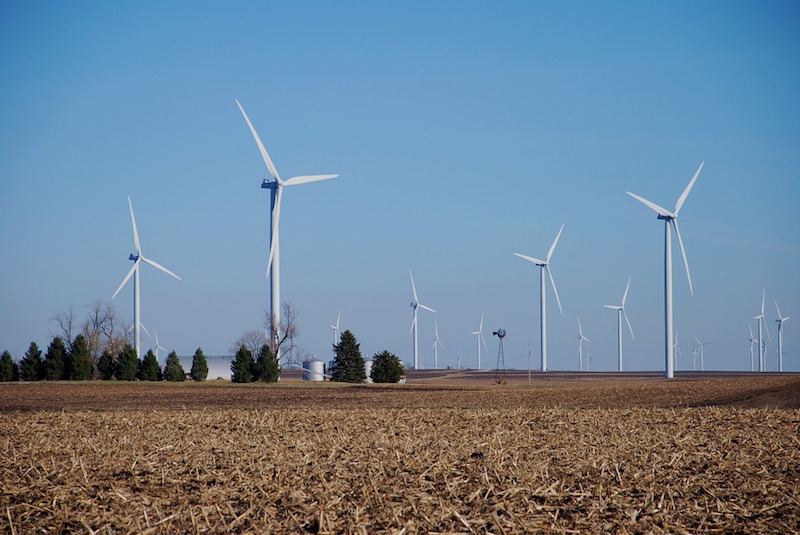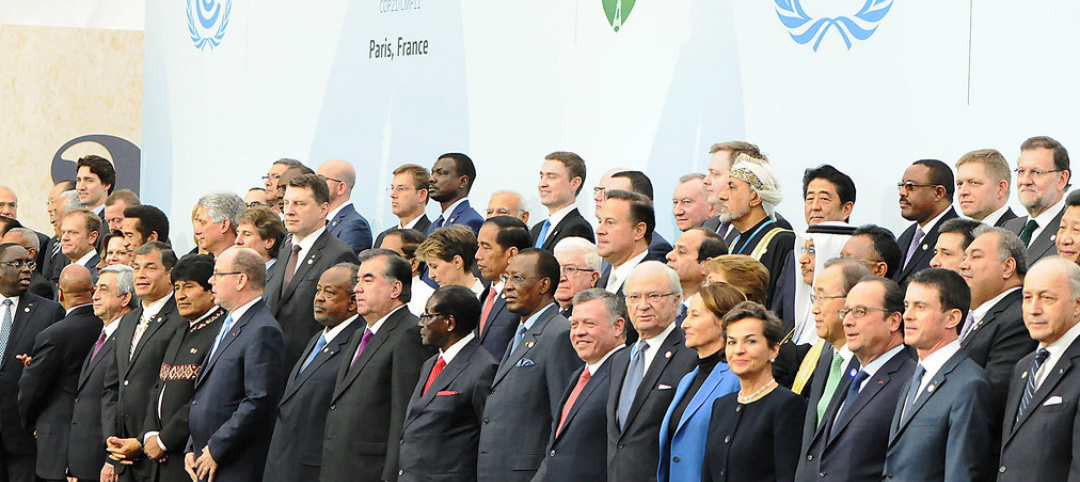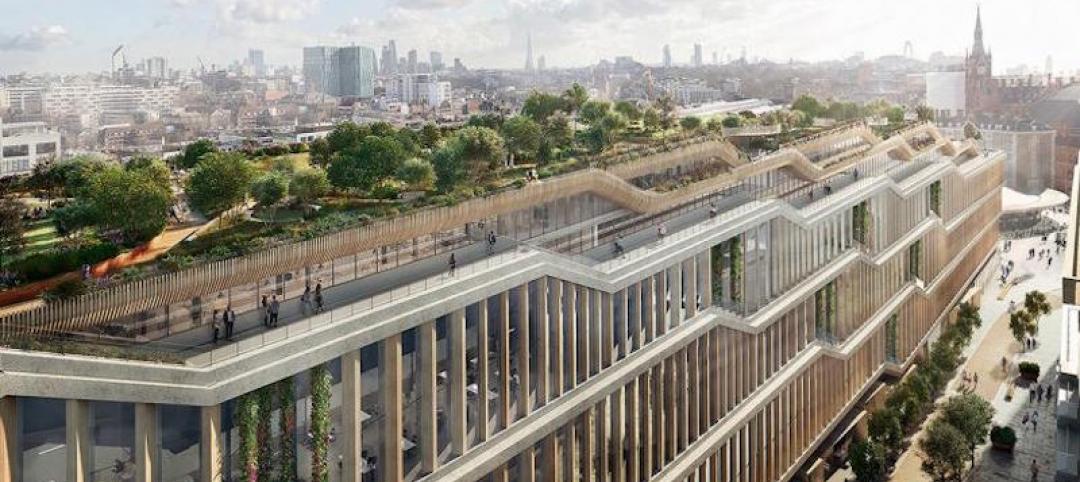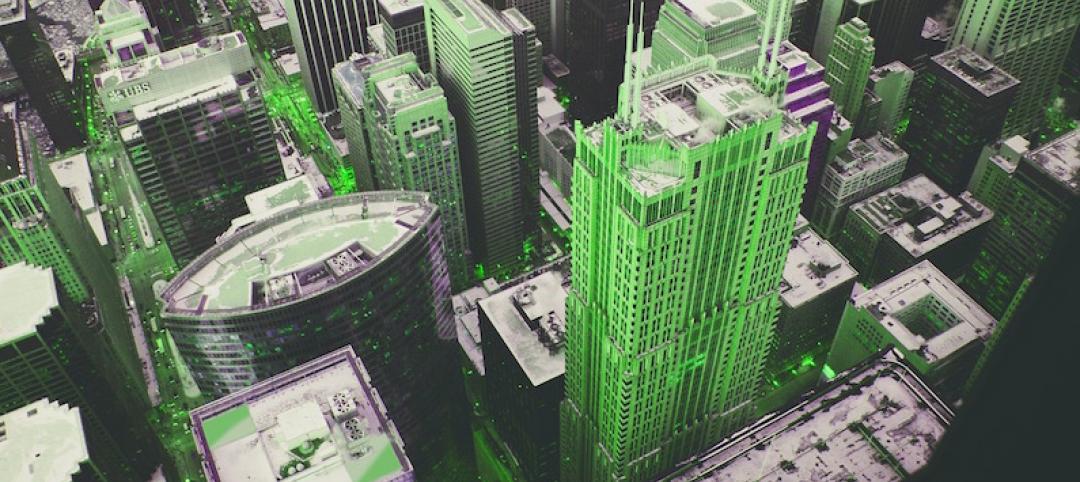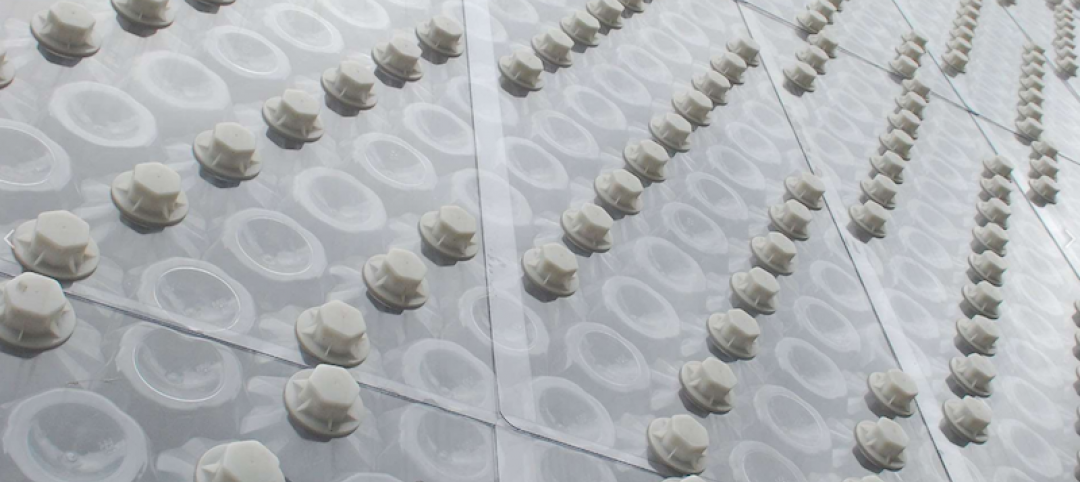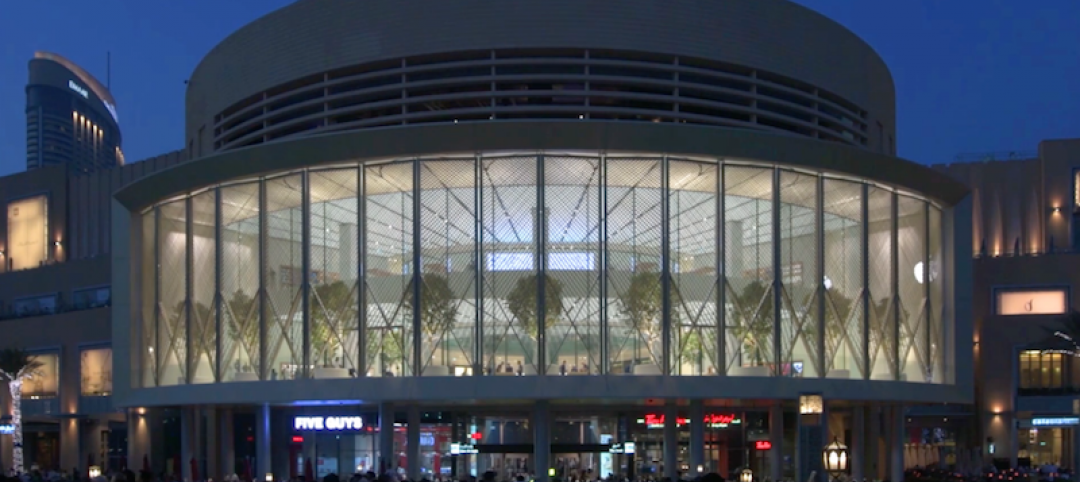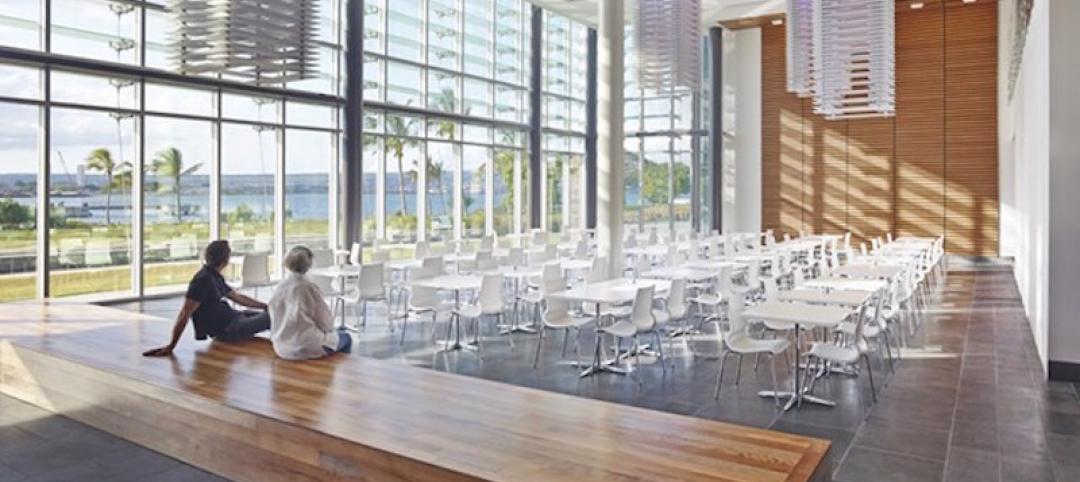Today, during the U.S. Green Building Council (USGBC) International Summit held at the 2016 Greenbuild International Conference and Expo, Green Business Certification Inc. (GBCI) announced a new technology organization called arc.
Officially launching later in 2016, arc will further the performance of the green building industry and the built environment as a whole.
Scot Horst, USGBC’s Chief Product Officer, has been named arc’s incoming CEO. He will transition from his role with USGBC and LEED at the end of 2016.
Arc is a platform that will allow any building to participate and immediately start measuring performance, make improvements, and benchmark against itself. The goal of arc is to support the missions of USGBC and GBCI.
LEED certified buildings can use arc to improve and benchmark against other certified buildings around them. Buildings that have not certified yet will be able to use arc to make incremental sustainability improvements and eventually achieve LEED certification.
“The LEED rating system revolutionized the design, construction and operations of green buildings more than 16 years ago,” said Horst. “Arc’s goal is to transform green performance technology and bring data, mobility, and the most disruptive technologies available today to support a holistic approach to building our future. It will connect actions through a single platform that delivers a higher quality of life.”
The arc platform is a complement to LEED and other green building rating systems, standards, protocols, and guidelines, and allows buildings and spaces to connect to the built environment in a new way by comparing performance metrics and connecting them to green building strategies. Arc eliminates complexities and barriers to behavioral change.
Related Stories
Green | Jun 14, 2017
After Paris: What’s at stake for the building industry
In the wake of President Trump’s unilateral decision to withdraw the U.S. from the 2015 Paris Climate Agreement, many in the building industry have optimistically pointed to unstoppable market forces pushing the sector towards a post-carbon future.
| Jun 13, 2017
Accelerate Live! talk: Next-gen materials for the built environment, Blaine Brownell, Transmaterial
Architect and materials guru Blaine Brownell reveals emerging trends and applications that are transforming the technological capacity, environmental performance, and design potential of architecture.
Office Buildings | Jun 8, 2017
Take a look at the plans for Google’s new 1 million-sf London campus
Heatherwick Studio and BIG are designing the 11-story building.
| May 30, 2017
Accelerate Live! talk: Health-generating buildings, Marcene Kinney, Angela Mazzi, GBBN Architects
Architects Marcene Kinney and Angela Mazzi share design hacks pinpointing specific aspects of the built environment that affect behavior, well-being, and performance.
Codes and Standards | May 30, 2017
Industry Groups move toward Unified Green Building Model Code in 2018
The effort involves combining ASHRAE's Standard 189.1 with the International Green Construction Code.
Multifamily Housing | May 22, 2017
Zaha Hadid Architects residential development takes a page from a classic Bradbury tale
The buildings are on an elevated platform and the surrounding walkways are suspended so as not to disturb the surrounding ecosystems.
Architects | May 16, 2017
Architecture that helps children fall in love with the environment
The coming decades present a major ecological challenge... so let’s encourage the next generation to do something about it!
Sustainability | May 16, 2017
1.5 million recycled plastic bottles were used to build this nine-story structure in Taipei
The building is made of Polli-Brick, a building material that comes from 100% recycled Polyethylene Terephthalate Polymer.
Retail Centers | May 3, 2017
18 Carbon fiber wings grace Foster + Partners-designed Apple Dubai Mall terrace
The store’s large terrace provides views of the Burj Khalifa and the Dubai Fountain.
Green | May 2, 2017
Green buildings don't have to cost more
What impact does sustainable design have on owners with a finite construction budget or developers who won’t own the building after construction?


